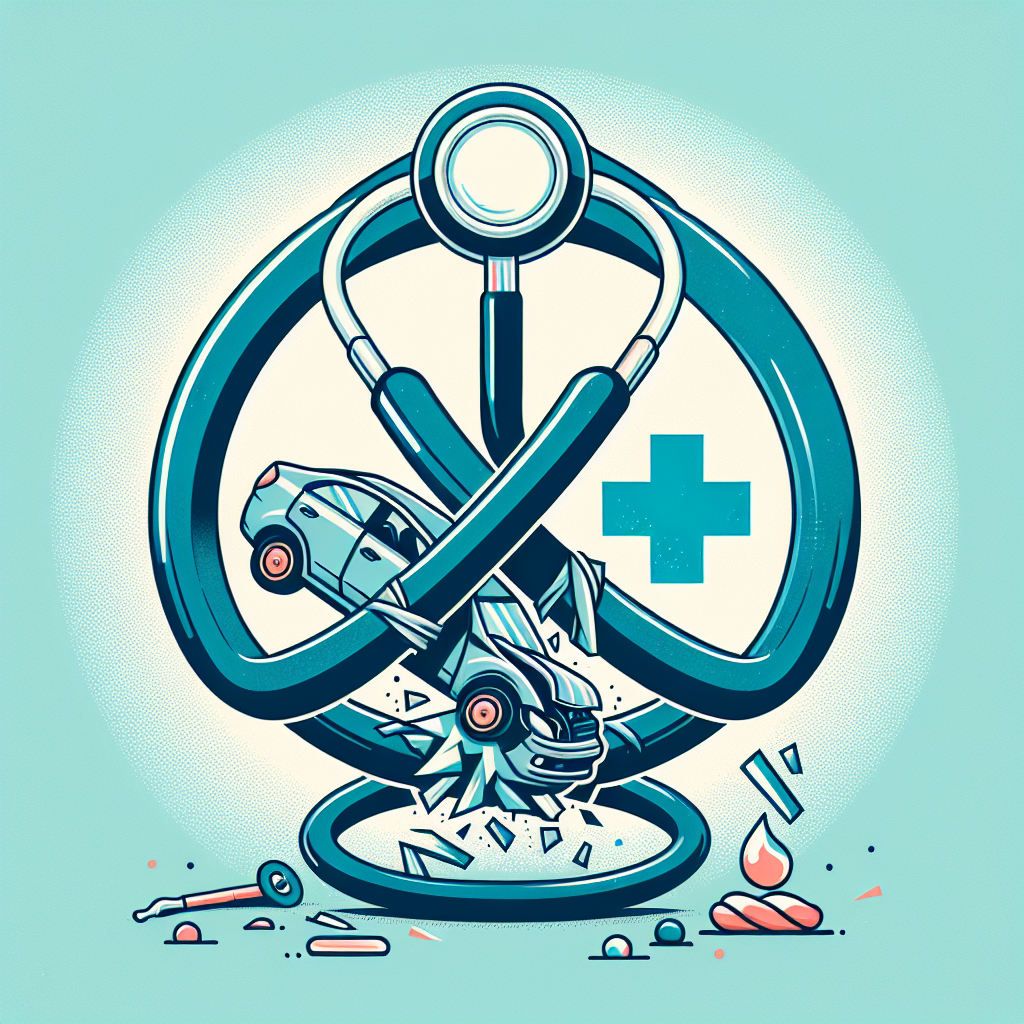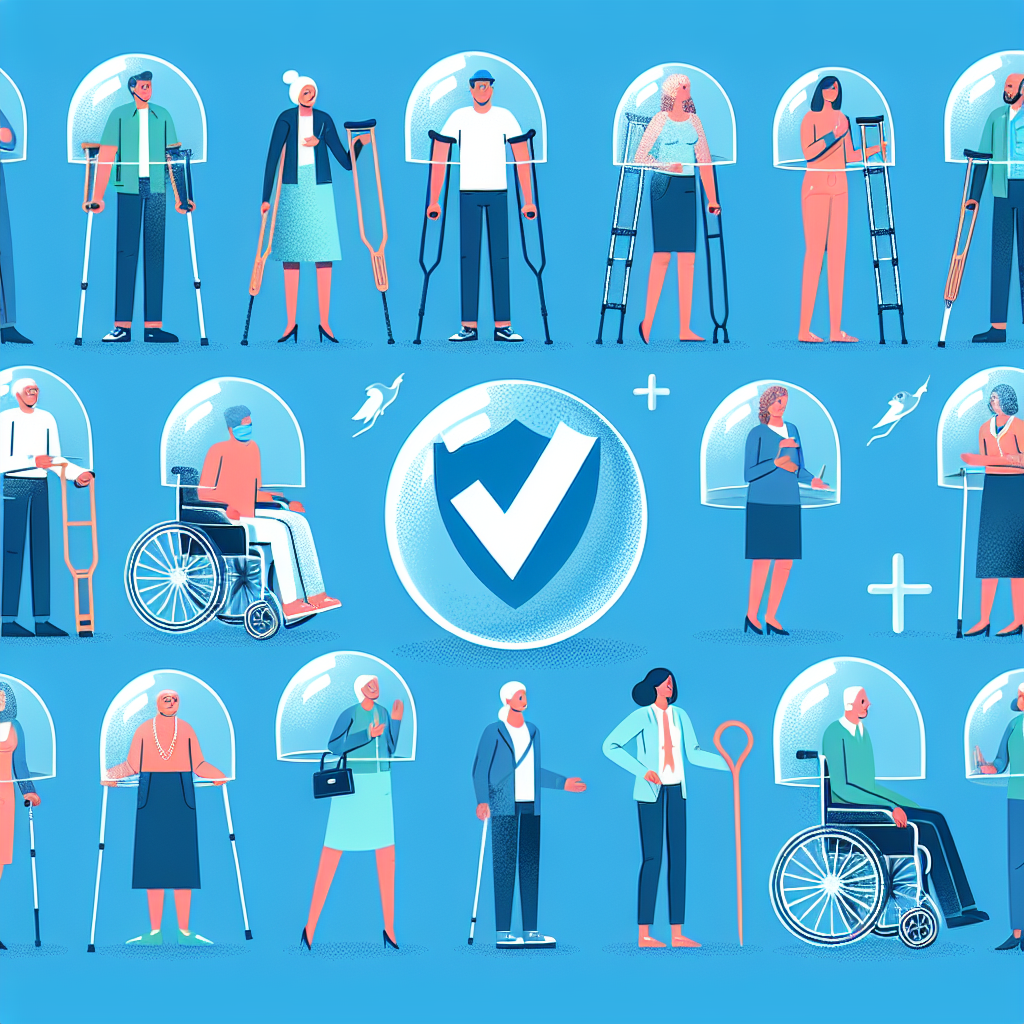Filed under Health Insurance on
Does Health Insurance Cover Costs from Car Accidents?

Car accidents are unfortunately a common occurrence, and the financial repercussions can be daunting. One question that often arises amidst the chaos of a collision is whether health insurance covers costs from car accidents. Understanding how your health insurance interacts with coverage from auto insurance policies is essential for protecting your finances and ensuring you access the care you need. This article delves into this critical topic, offering clarity and guidance for navigating these often-complicated waters.
Understanding Health Insurance Coverage for Car Accidents
Health insurance is designed to cover medical expenses, but when it comes to car accidents, the situation can become complex. Generally, health insurance policies do offer a level of coverage for injuries sustained in car accidents, but how much and under what circumstances may vary.
Coordination with Auto Insurance
Typically, auto insurance is the first line of defense when it comes to covering costs from car accidents. Most states mandate that drivers carry some form of car insurance, making it the primary source for medical expense coverage through Personal Injury Protection (PIP) or Medical Payments (MedPay) provisions.
Your health insurance policy usually acts as a secondary payer, stepping in once the car insurance coverage is exhausted. This means that while your health insurance can cover some costs from car accidents, it first takes into account any payouts from your auto insurance.
The Role of Deductibles and Copayments
When it comes to health insurance covering costs from car accidents, deductibles and copayments play a significant role. If your car insurance policy has a deductible, you will need to pay that amount out-of-pocket before your health insurance can offer reimbursement. Similarly, copayments may be applicable for hospital visits or specialty care requiring out-of-pocket expenses.
Key Factors Affecting Coverage
Type of Health Insurance Plan
The type of health insurance plan you have can influence how costs from car accidents are managed. Here's a breakdown:
- HMO Plans: Typically require you to use network providers for any non-emergency care and may necessitate a primary care physician referral.
- PPO Plans: Offer more flexibility in choosing providers between in-network and out-of-network services but may come with higher premiums deductibles.
- EPO Plans: Require members to use network providers with few exceptions; typically a hybrid between HMO and PPO plans.
Each plan has its specifics regarding the coverage of medical expenses from car accidents which affect how much you ultimately pay out-of-pocket.
State Laws and Regulations
Insurance laws vary widely between states, affecting whether health insurance covers costs from car accidents. In no-fault states, each driver's insurance covers their medical expenses regardless of who was at fault, which can influence when and how health insurance becomes involved.
Coordination of Benefits Clauses
Coordination of benefits provisions existing in both health and auto insurance policies can dictate how costs from car accidents are managed. These clauses specify the insurer responsible for paying first—often the auto policy—before other sources like health insurance apply.
Exceptions and Considerations
Uninsured or Underinsured Motorists
If the driver responsible for the accident is uninsured or underinsured, covering medical costs becomes more complicated. In such cases, uninsured motorist coverage on your auto policy can be critical. It's possible that your health insurance would cover more expenses under these conditions, but it may still require coordination with any medical payments or PIP available from your auto insurance.
Coverage for Non-Drivers
Costs from car accidents can also affect pedestrians, bicyclists, or passengers in the car. Health insurance often extends to cover these non-drivers, but the coordination with either the driver's or the liable party's car insurance still applies.
Steps to Take After a Car Accident
- Inform Your Insurer: Notify both your auto and health insurance companies promptly after an accident to understand how each policy might apply.
- Document All Costs: Keep meticulous records of all medical costs, treatment, and associated expenses to simplify claims processing later.
- Review Policy Details: Thoroughly review your health and auto insurance policies to understand deductibles, coverage limits, and exclusions.
- Consult a Professional: Consult with legal or insurance professionals to help clarify obligations and maximize coverage under your available policies.
Conclusion
While health insurance does play a role in covering costs from car accidents, it is often secondary to auto insurance. Understanding how these policies interact is crucial in ensuring comprehensive financial protection and access to healthcare post-accident. By familiarizing yourself with your policy specifics and state regulations, you can better navigate the complexities of insurance claims and focus on recovery without the added stress of financial uncertainty. Staying informed and proactive is the key to managing the costs from car accidents effectively.





